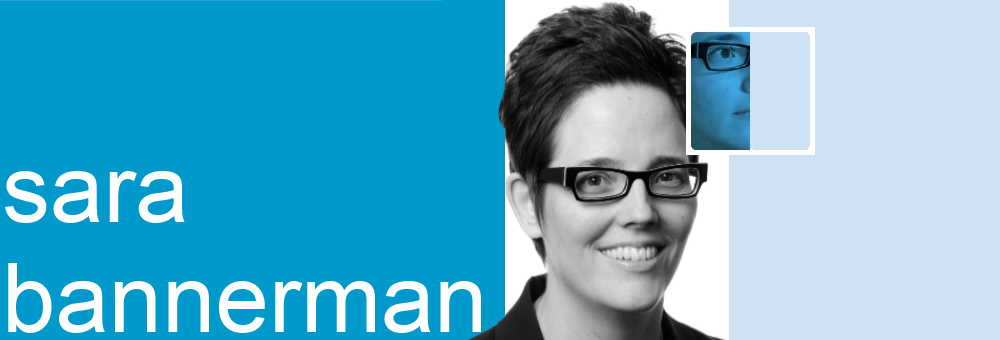Trosow and his co-authors conclude:
- that the benefits secured under the licence, especially in light of the recent decisions of the Supreme Court of Canada and the new Canadian copyright act, are of little value and extend not very far, if at all, beyond what universities are already permitted to do under fair dealing and other existing licences
- that the broad definitions of 'copy' (to include linking and emailing) and 'course collection' (to include emailed copies and hyperlinks) used by the licence extend beyond what is normally understood by such words, beyond (in the case of the former) the meaning of the word under the Copyright Act, and that the breadth of these definitions - though adopted without prejudice by the universities - triggers heavy audit and reporting requirements under the licence:
"If links, hyperlinks and emails are pertinent to the “uses permitted” and the “reports due to Access Copyright,” as they appear to be, then it must follow that a right to conduct surveys and audits entails a right to inspect or scan any document which contains a link or hyperlink to a repertoire work including those that have been emailed. Moreover, because it is impossible to determine whether a document contains links or hyperlinks to repertoire works without some sort of scan or inspection, there must be a right to inspect or scan any document which might contain a link or hyperlink to a repertoire work." (8-9)
- that the licences, by defining 'secure network' broadly and by granting audit rights over 'secure networks' thus-defined, grant Access Copyright very broad access to campus premises, networks and computers beyond what is necessary and to an extent that is highly disturbing and invasive
- universities who have adopted the licences have, by opting for this licence rather than continuing to work through the Copyright Board, given up an important right to judicial review, proven so important by recent Supreme Court of Canada decisions;
- that continued opposition to the Proposed Tarriff at the Copyright Board is essential
